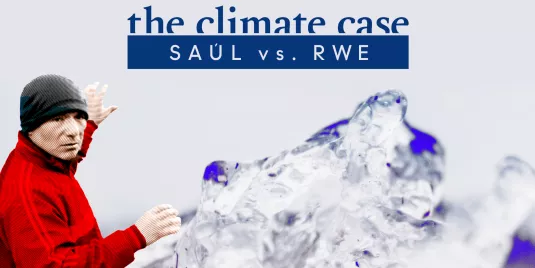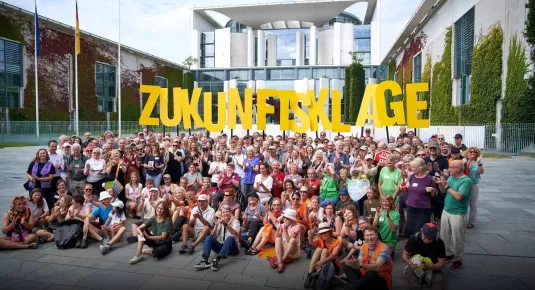Focus areas
News
About us
Germanwatch is an independent development, environmental, and human rights organisation. We advocate sustainable global development based on social equity, respect for nature, and economic stability.
Germanwatch has earned its reputation as a prominent voice of civil society through more than 30 years of advocacy and over 650 successful projects. Our timely interventions have set milestones in climate action and development policies in Germany and Europe.















